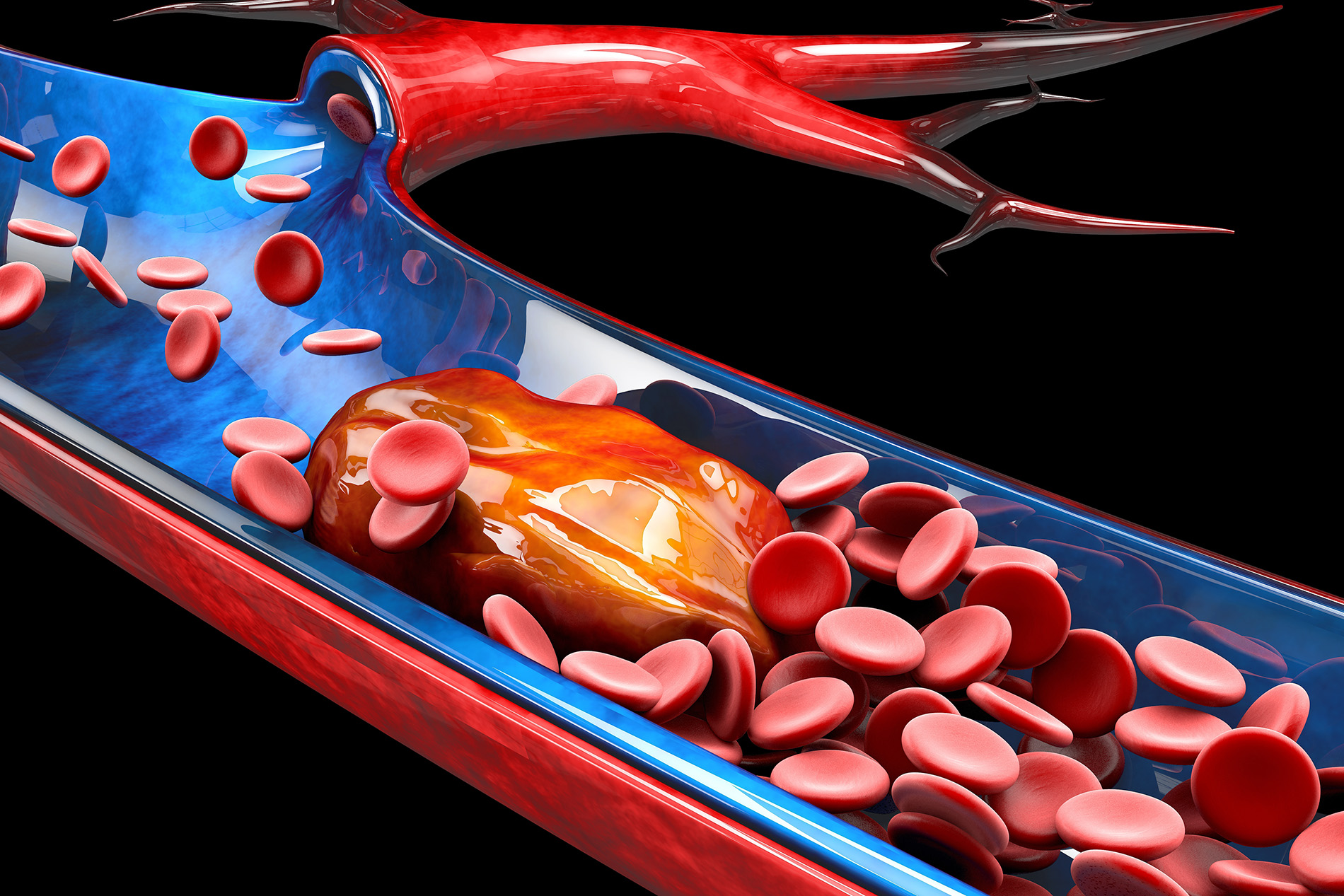While many of us may associate heart care with older age, the truth is that it's never too early to start prioritizing cardiovascular health. Developing healthy habits from a young age can significantly impacts our heart's well-being and set the foundation for a longer, healthier life.
Understanding the Importance of Early Heart Care
The earlier we begin to care for our hearts, the better our chance of preventing cardiovascular issues later in life. Heart disease often develops over time, influenced by factors such as diet, physical activity, and lifestyle choices. Addressing these factors while young can build a strong defense against heart-related conditions.
Building a Heart-Healthy Lifestyle
A heart-healthy lifestyle involves a combination of regular exercise, a balanced diet, and maintaining a healthy weight. Engaging in physical activities from an early age strengthens the heart and establishes a routine you can sustain throughout your life. Incorporating fruits, vegetables, whole grains, and lean proteins into our diet provides essential nutrients that support heart health.
Avoiding Smoking and Limiting Alcohol Intake
Smoking and excessive alcohol consumption are two major contributors to heart disease. The harmful chemicals in tobacco can damage blood vessels and increase the risk of atherosclerosis, while excessive alcohol intake can elevate blood pressure. Avoiding these habits or seeking help to quit can significantly improve heart health.
Managing Stress and Prioritizing Mental Well-Being
Chronic stress can negatively impact heart health, contributing to high blood pressure and other cardiovascular issues. Developing effective stress management techniques, such as meditation, deep breathing exercises, or engaging in hobbies, is crucial for maintaining a healthy heart. Additionally, prioritizing mental well-being through regular relaxation and adequate sleep is essential.
Regular Health Check-ups and Screenings
Regular health check-ups and screenings are vital for early detection of potential heart issues. Get your blood pressure, cholesterol levels, and other cardiovascular risk factors checked regularly so you can make needed lifestyle or medication changes to prevent heart damage.
Adopting healthy habits early on can significantly reduce you risk of heart disease. Start today, and your heart will thank you for a lifetime.
Learn about heart care at Lexington Medical Heart and Vascular Center.

.jpg?sfvrsn=b91c6f0a_0)








Leave a comment